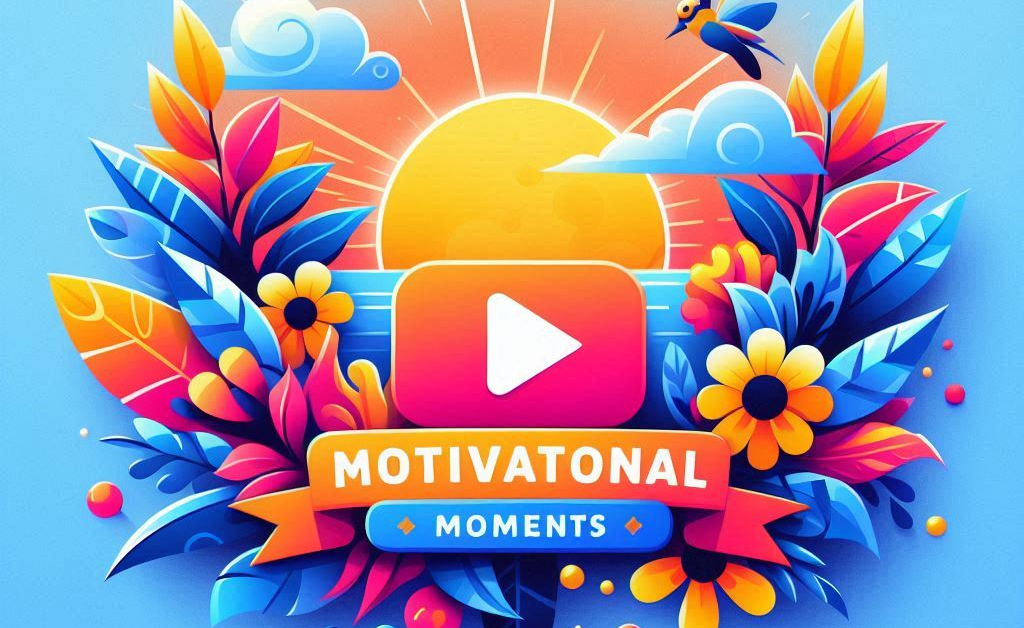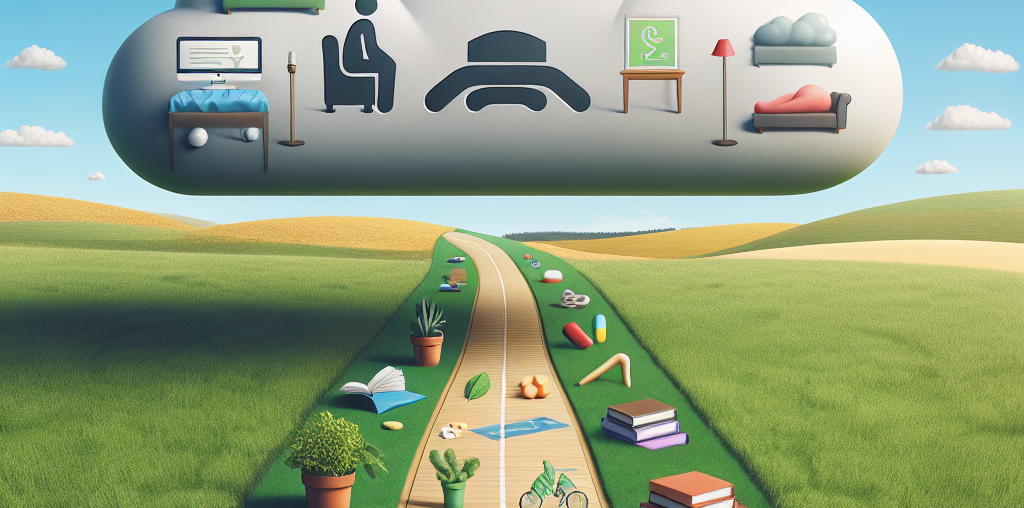Depression is a common mental health disorder that affects millions of people worldwide. It can cause feelings of sadness, hopelessness, and loss of interest in daily activities. While there are many different approaches to treating depression, finding the right treatment for each individual can be a complex process. In this article, we will explore some of the most common approaches to depression treatment, from therapy to medication, and discuss the benefits and drawbacks of each.
Therapy
Therapy, also known as counseling or psychotherapy, is a common treatment for depression. There are several different types of therapy that can be used to treat depression, including cognitive-behavioral therapy (CBT), interpersonal therapy, and psychodynamic therapy. Therapy is often used in combination with medication for more severe cases of depression, but it can also be used on its own for milder cases.
One of the benefits of therapy is that it can help individuals identify and change negative thought patterns and behaviors that contribute to their depression. Therapy can also provide a safe and supportive environment for individuals to explore their feelings and work through difficult emotions. Additionally, therapy can help individuals develop coping skills and strategies for managing their depression symptoms.
However, therapy can also have some drawbacks. It can be time-consuming and expensive, and it may not be effective for everyone. Some individuals may also feel uncomfortable talking about their feelings with a therapist, which can hinder the effectiveness of therapy.
Medication
Medication is another common treatment for depression. There are several different types of medication that can be used to treat depression, including selective serotonin reuptake inhibitors (SSRIs), serotonin-norepinephrine reuptake inhibitors (SNRIs), and tricyclic antidepressants. Medication is often used in combination with therapy for more severe cases of depression, but it can also be used on its own for milder cases.
One of the benefits of medication is that it can help individuals manage their depression symptoms quickly and effectively. Medication can also help individuals regulate their mood and improve their overall quality of life. Additionally, medication can be a more convenient and cost-effective treatment option for some individuals.
However, medication can also have some drawbacks. Some individuals may experience side effects from medication, such as nausea, dizziness, or weight gain. Additionally, medication may not be effective for everyone, and individuals may need to try several different medications before finding one that works for them.
Alternative Treatments
In addition to therapy and medication, there are also several alternative treatments for depression that individuals may consider. These alternative treatments can include exercise, meditation, acupuncture, and dietary supplements. While these treatments may not be as well-studied as therapy and medication, some individuals may find them helpful in managing their depression symptoms.
Exercise is a particularly popular alternative treatment for depression, as it has been shown to have a positive impact on mood and overall well-being. Regular exercise can help individuals release endorphins, which are chemicals in the brain that act as natural painkillers and mood elevators. Exercise can also help individuals improve their self-esteem and reduce feelings of anxiety and stress.
Meditation is another alternative treatment for depression that has been shown to have a positive impact on mood and mental health. Meditation can help individuals relax and focus their minds, which can help reduce feelings of sadness and hopelessness. Some individuals may also find acupuncture helpful in managing their depression symptoms, as it can help balance the body’s energy and improve overall well-being.
FAQs
Q: How do I know if I have depression?
A: If you are experiencing persistent feelings of sadness, hopelessness, or loss of interest in daily activities, you may have depression. It is important to talk to a healthcare provider if you are experiencing these symptoms, as they can help diagnose and treat your depression.
Q: Can depression be cured?
A: While there is no cure for depression, it can be effectively managed with the right treatment. Many individuals with depression are able to lead happy and fulfilling lives with the help of therapy, medication, and other treatment options.
Q: How long does it take for medication to work for depression?
A: It can take several weeks for medication to start working for depression, so it is important to be patient and give the medication time to take effect. If you are not experiencing any improvement in your symptoms after a few weeks, talk to your healthcare provider about adjusting your medication or trying a different treatment option.
Conclusion
There are many different approaches to treating depression, from therapy to medication to alternative treatments. Each individual is unique, and it may take some trial and error to find the right treatment for each person. It is important to work closely with a healthcare provider to develop a comprehensive treatment plan that addresses your individual needs and preferences. With the right treatment, individuals with depression can learn to manage their symptoms and lead happy and fulfilling lives.

